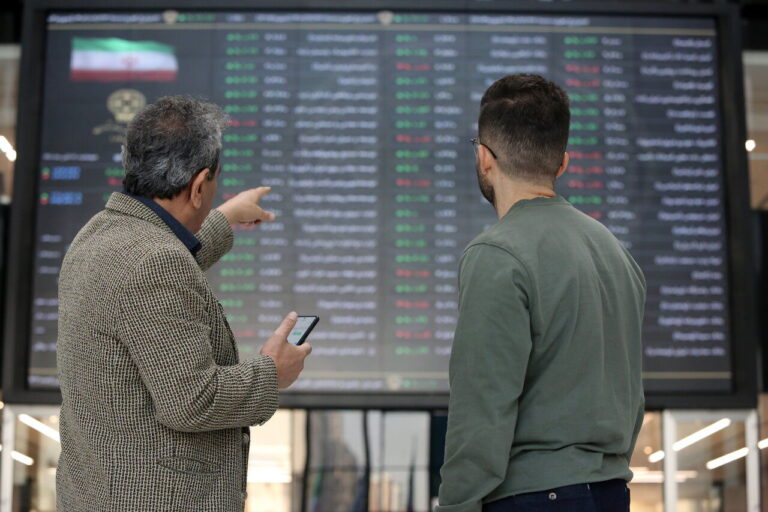Introduction
Understanding the legal framework governing foreign investments in Iran is essential for investors looking to enter this burgeoning market. Iran, with its strategic position in the Middle East and vast natural resources, offers exciting opportunities for international businesses. However, navigating its legal landscape requires a comprehensive understanding of the relevant laws, regulations, and protections that are in place to support foreign investors.
Key Laws and Regulations
1. Foreign Investment Promotion and Protection Act (FIPPA)
The cornerstone of foreign investment law in Iran is the Foreign Investment Promotion and Protection Act, enacted in 2002. The FIPPA was established to create a conducive environment for foreign investments, providing protections against expropriation and guarantees for the repatriation of profits. Key features include:
- Investment Guarantees: The FIPPA ensures that foreign investments cannot be nationalized or expropriated without compensation, offering a layer of security for investors.
- Profit Repatriation: It allows foreign investors to transfer their profits abroad without restrictions, subject to adherence to tax obligations.
- Legal Recourse: Foreign investors have the right to seek compensation through arbitration in cases of disputes, reinforcing confidence in the legal system.
2. Joint Venture and Partnership Laws
Foreign investors often engage in joint ventures with local partners to navigate the market effectively. Iranian law permits such arrangements, with specific regulations governing the formation and operation of joint ventures. The partnership agreement should clearly outline the roles, responsibilities, profit-sharing, and exit strategies to avoid future disputes.
3. Sector-Specific Regulations
Certain sectors in Iran have specific regulations governing foreign investment. For instance, the oil and gas sector is governed by the Petroleum Contracts Framework (PCF), while other industries may have distinct requirements based on national policies. Investors should familiarize themselves with the regulatory environment specific to their industry.
Investment Protections
1. Dispute Resolution Mechanisms
Iran provides various mechanisms for resolving investment disputes, including:
- International Arbitration: Investors can resort to international arbitration to settle disputes that arise from investments. Agreements often specify arbitration forums, such as the International Chamber of Commerce (ICC) or the Iran-United States Claims Tribunal.
- Judicial Remedies: Alternatively, disputes can be resolved through Iranian courts, although foreign investors may prefer arbitration for neutrality and speed.
2. Bilateral Investment Treaties (BITs)
Iran has entered into several bilateral investment treaties with various countries, offering additional protections for investors. These treaties typically include provisions for fair and equitable treatment, protection from expropriation, and dispute resolution mechanisms that can further safeguard foreign investments.
Challenges in the Legal Landscape
1. Economic Sanctions
One of the significant challenges to foreign investment in Iran is the impact of international sanctions. Various countries, particularly the United States, have imposed sanctions that affect trade and investment activities. Staying informed about these sanctions and their implications is essential for compliant operations.
2. Bureaucratic Hurdles
Despite regulatory reforms, investors may encounter bureaucratic challenges when setting up and running their businesses. These can include lengthy approval processes, regulatory compliance issues, and limited access to financial services. Building strong relationships with local partners and seeking guidance from local legal experts can help navigate these challenges effectively.
Learn more about all IRAN Business Gate services. Click here for detailed information!
Conclusion
Foreign investment in Iran presents a unique set of opportunities and challenges shaped by its legal framework. Understanding the FIPPA, sector-specific regulations, and dispute resolution mechanisms is crucial for successful market entry. While challenges such as economic sanctions and bureaucratic hurdles exist, the potential rewards are significant for those willing to navigate the complexities of the Iranian legal landscape.
For investors looking to explore opportunities in Iran, platforms like Iran Business Gate can provide valuable resources, networking opportunities, and insights into the regulatory environment, making it easier for foreign businesses to establish a foothold in this vibrant market. With the right knowledge and support, investors can effectively navigate the legal framework and capitalize on the potential within Iran’s diverse economy.
Key Takeaways
- The FIPPA provides essential protections and guarantees for foreign investors.
- Joint ventures can offer a strategic approach to entering the Iranian market.
- Understanding sector-specific regulations is vital for compliance.
- Dispute resolution mechanisms, including international arbitration, play a key role in protecting investments.
- Platforms like Iran Business Gate can aid foreign investors in navigating the complexities of doing business in Iran.
Let's Talk Now!
Your thoughts and questions matter to us! At IRAB Business Gate, we are eager to hear from you.



